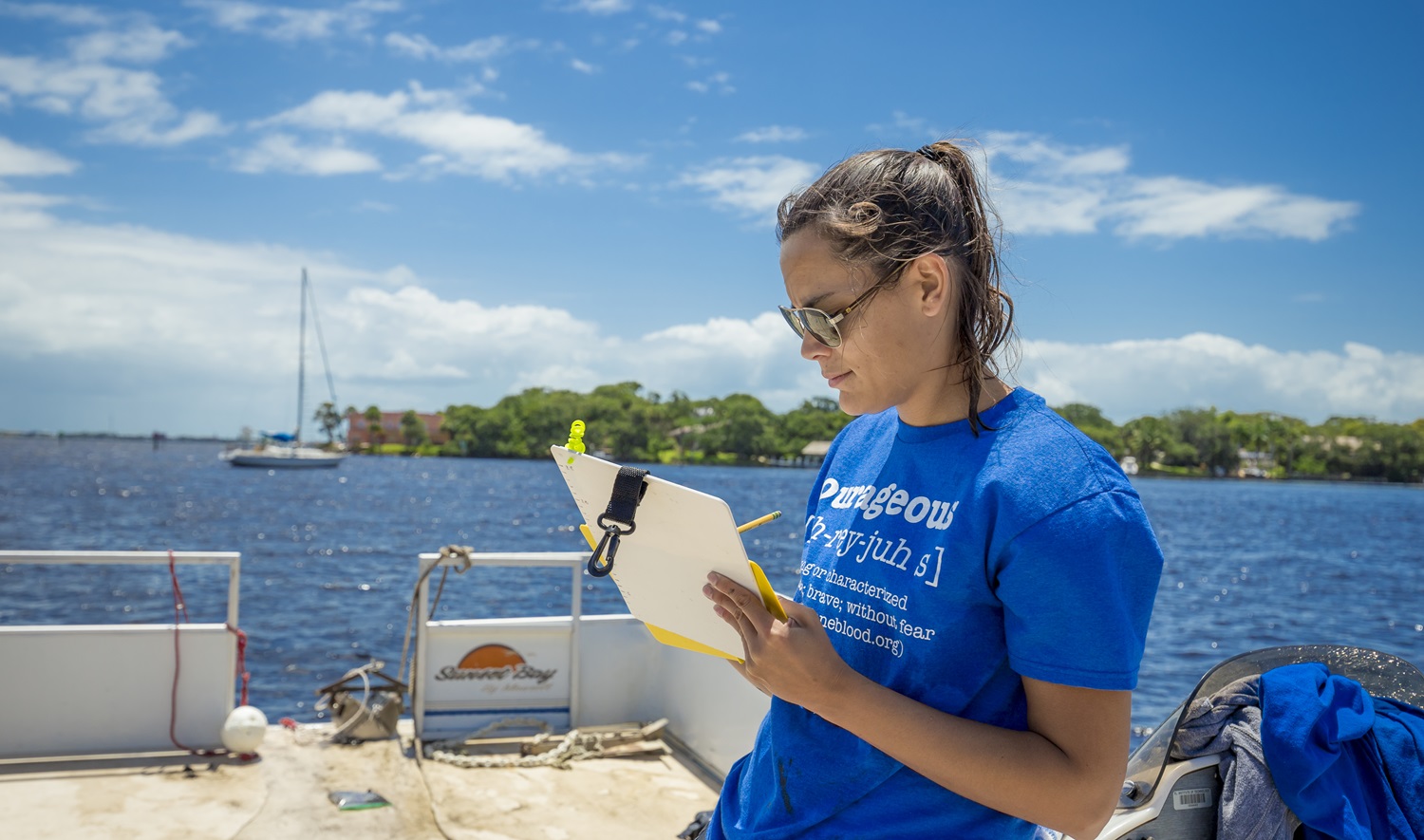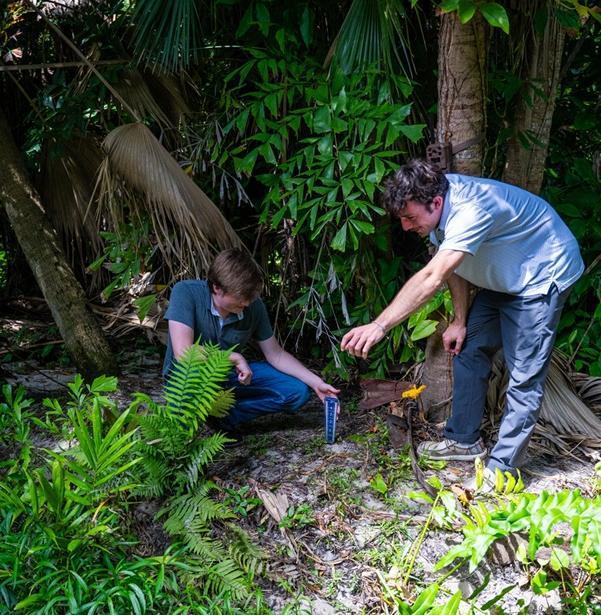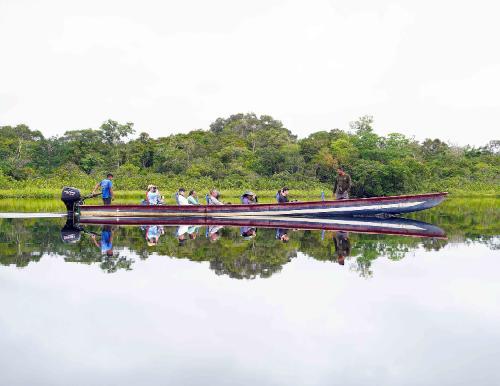At Florida Tech, ecology students join a collaborative, research-focused academic community led by internationally recognized faculty. With small class sizes and close faculty mentorship, you’ll work one-on-one with your advisor to design a personalized plan of study and carry out original research.
Our campus brings together students from across the U.S. and around the world, creating a vibrant exchange of perspectives on global ecological challenges. This international context supports thoughtful, interdisciplinary approaches to complex environmental questions—and helps prepare you for meaningful careers in science, research or policy.

 Give to Florida Tech
Give to Florida Tech 


